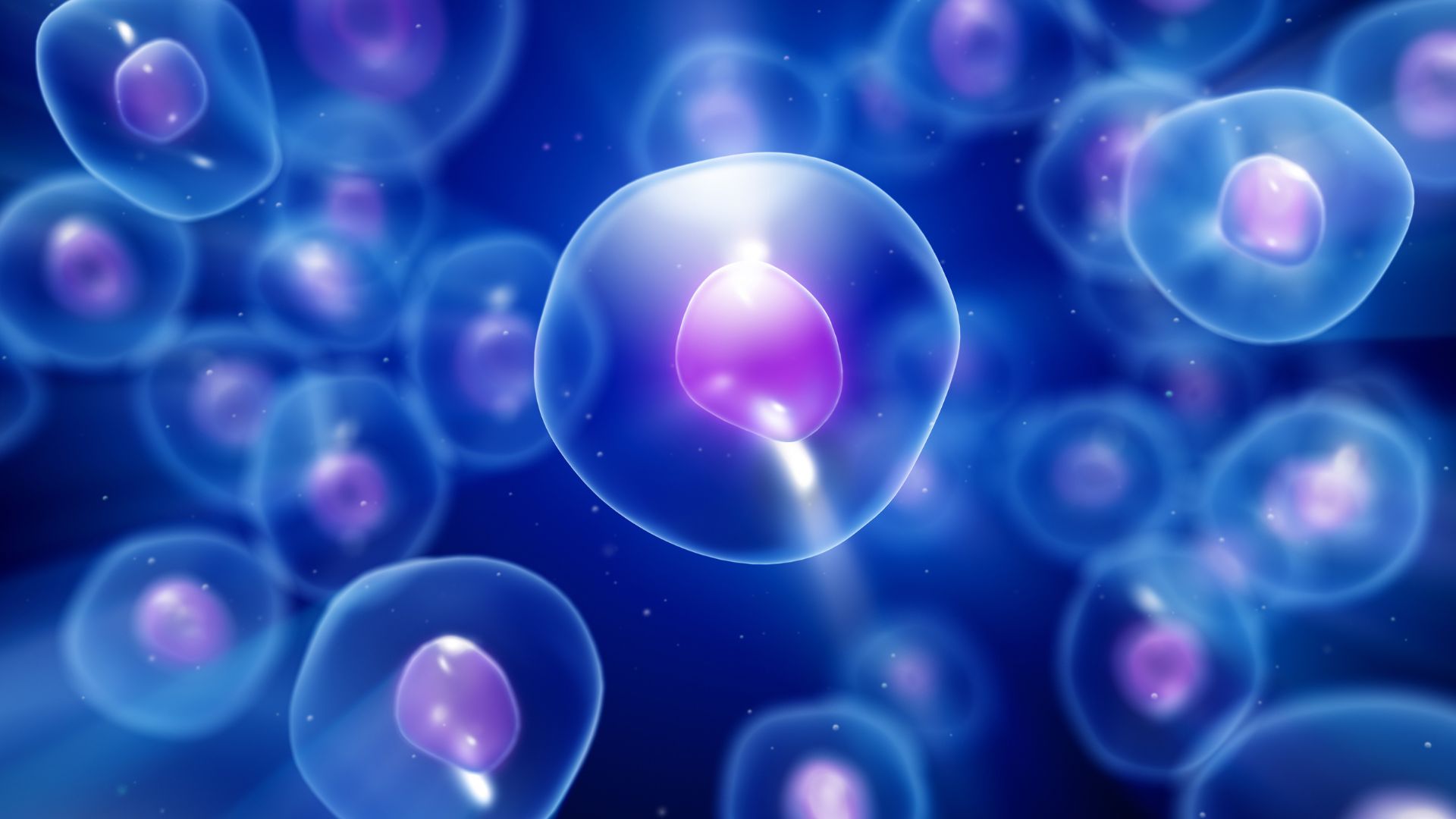Scientists in Japan have uncovered a potential biological explanation for why women tend to outlive men.
The research, published in Science Advances, suggests a link between sex cells (sperm and egg) and lifespan, offering new insights into the longstanding puzzle of sex-related longevity differences.
The study, conducted on turquoise killifish, revealed that removing germ cells – the precursors to eggs and sperm – affected the lifespan of male and female fish differently.
When the cells responsible for producing sperm and eggs (germ cells) were removed from male killifish, their lifespan increased by 13%. However, the opposite was observed in females, with their lifespan decreasing by approximately 10%.
Hormonal changes
The researchers delved deeper into the mechanisms behind these lifespan differences, discovering changes in hormonal pathways following germ cell removal.
They discovered that hormonal changes in females without germ cells promoted growth at the expense of maintaining healthy tissues. Besides, in females, reduced estrogen levels led to increased cellular stress and signs of accelerated aging.
Conversely, males without germ cells produced more vitamin D, exhibiting improved muscle regeneration, skin health, and bone density.
“We expected that germ cell removal would extend the lifespan of both males and females, but it extends only male lifespan and shortens female lifespan,” Professor Tohru Ishitani, the senior author of the study at Osaka University, told The Guardian.
Vitamin D and unresolved questions
The link between vitamin D and enhanced lifespan in males was particularly intriguing. Further investigation revealed that supplementing killifish with vitamin D led to lifespan increases of 21% in males and 7% in females.
While no adverse effects were noted, the authors emphasized the importance of using appropriate amounts of vitamin D, cautioning against exceeding recommended daily doses.
While the study‘s findings are promising, the question of whether sperm actively shortens lifespan in men remains unresolved. However, a 2012 study on Korean eunuchs, who lived significantly longer than their non-castrated peers, supports this hypothesis.
Besides, recently, notable author Cat Bohannon had also proposed that males can live longer if they are castrated.
Reports suggest that women live approximately 5% longer than men on average globally. Notably, factors such as higher accident and suicide rates among young men and healthier lifestyles among women also contribute to this gap.
Lifespan differences across species
However, the phenomenon of women outliving men is not exclusive to humans. Across various vertebrate species, females typically enjoy a longer lifespan than males. For example, female apes and old-world monkeys tend to outlive their male counterparts.
Now, the new research suggests a potential biological basis for this difference, hinting at the possibility that being born male inherently comes with a shorter lifespan.
This surprising finding suggests that germ cells play a crucial role in regulating lifespan, with distinct effects based on sex.
“I think this research will be a stepping stone to understanding the control of aging in humans,” Professor Ishitani said.
ABOUT THE EDITOR
Aman Tripathi An active and versatile journalist and news editor. He has covered regular and breaking news for several leading publications and news media, including The Hindu, Economic Times, Tomorrow Makers, and many more. Aman holds expertise in politics, travel, and tech news, especially in AI, advanced algorithms, and blockchain, with a strong curiosity about all things that fall under science and tech.

